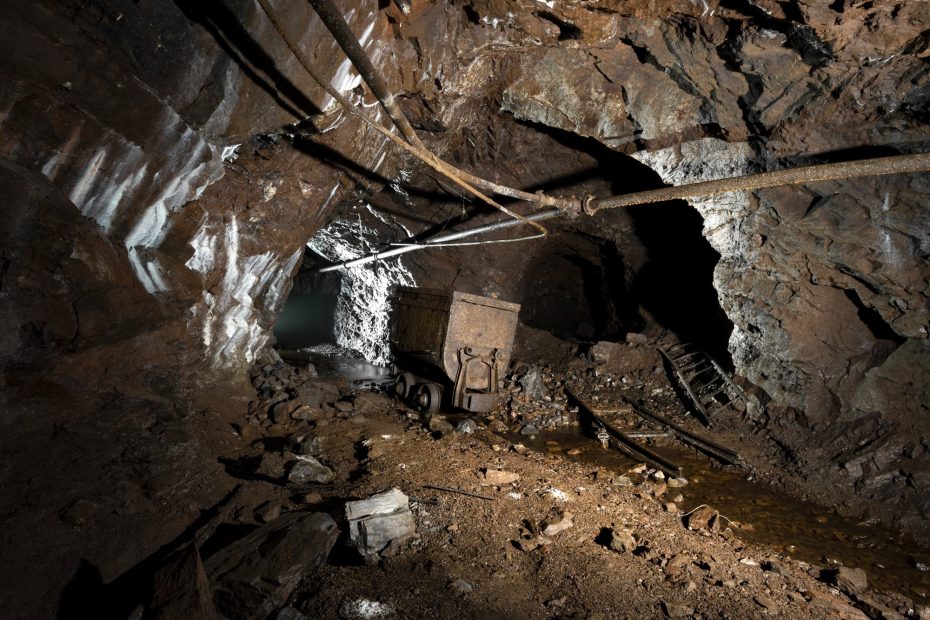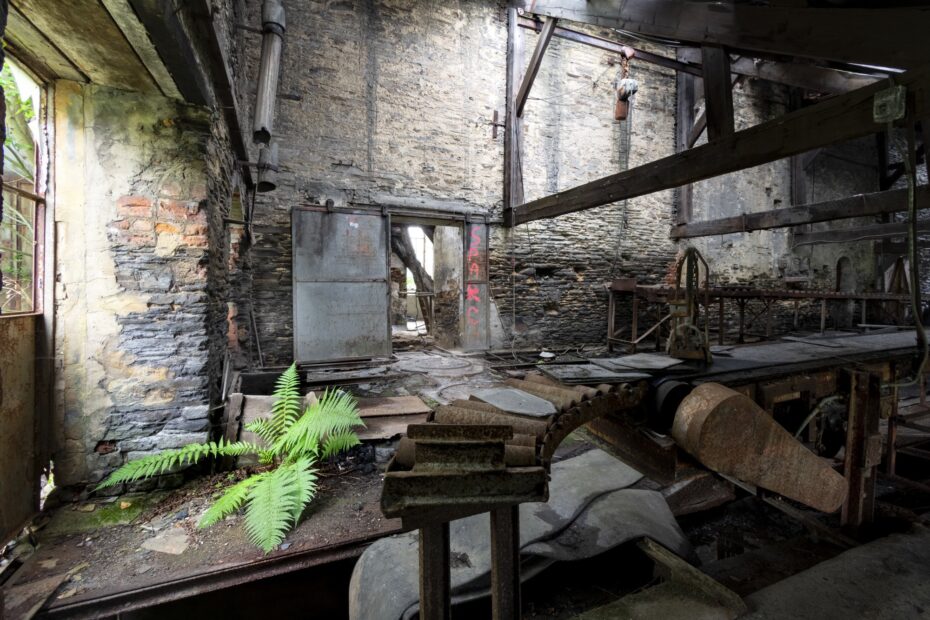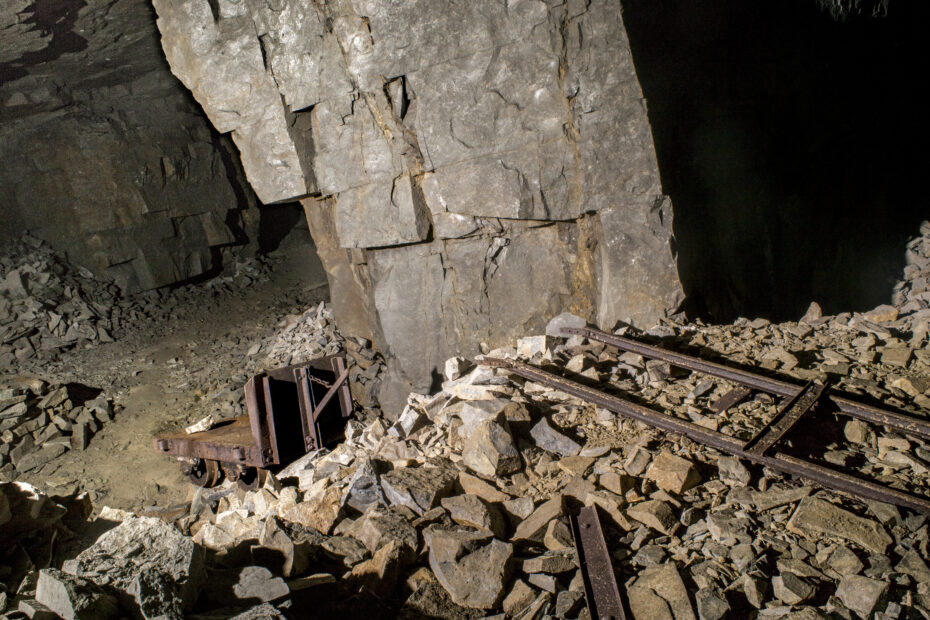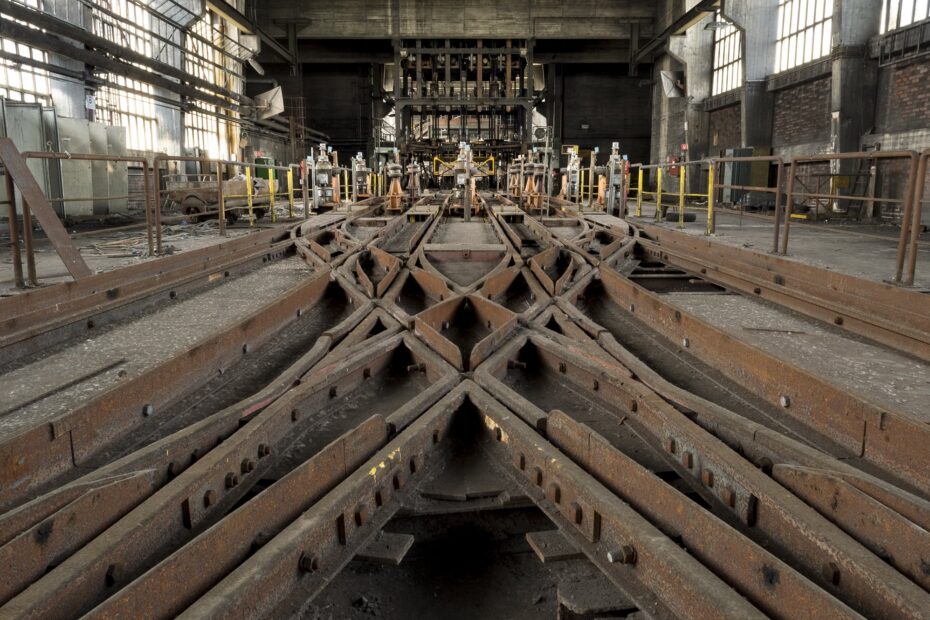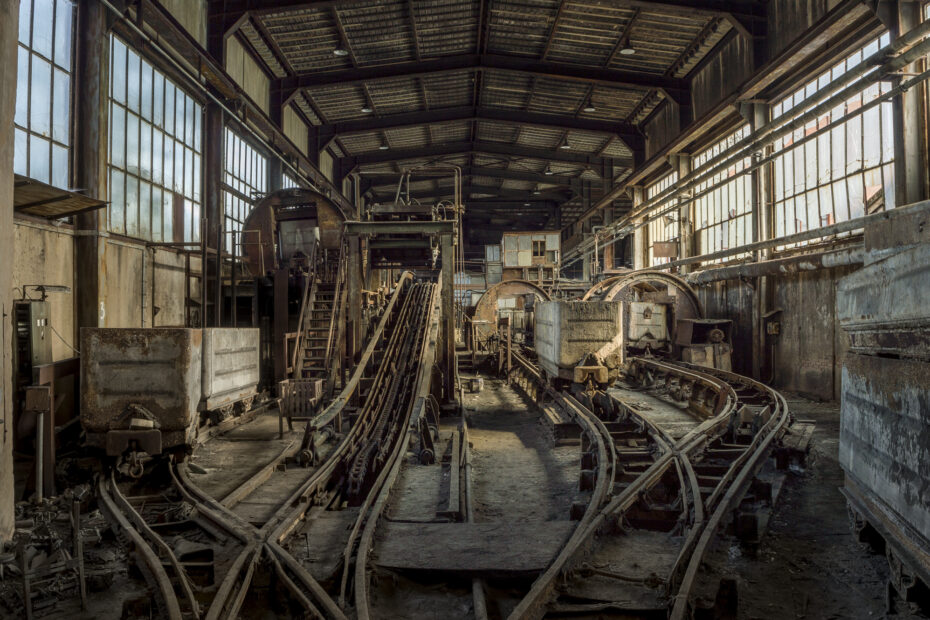Miniera Rospo Grasso
You have to know that I don’t visit abandoned mines too often. This was only my second underground mine explore. In this mine, we found three old Rocker Shovels which were pretty cool, two locomotives and a lost ore cart. We were underground for more than four hours and even found some living creatures deep inside the mine! Read More
